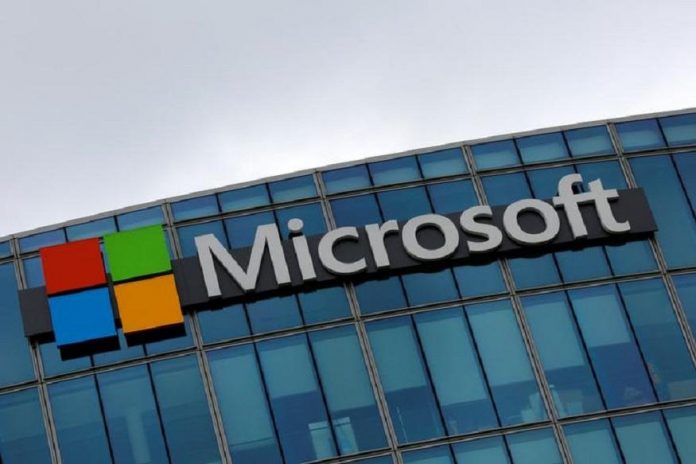Microsoft Corp on Thursday said it would await federal regulation before selling facial recognition to police departments, making it the latest big firm to back away from the surveillance business following protests against police brutality.
The announcement came a day after rival Amazon.com Inc declared it was pausing police use of its “Rekognition” service for a year, while International Business Machines Corp also said this week it no longer is generally offering the software and that technology should not promote racial injustice.
In a statement, Redmond, Wash.-based Microsoft said it has long worked on enacting principles and legislation for the software’s use.
“We do not sell our facial recognition technology to US police departments today, and until there is a strong national law grounded in human rights, we will not sell this technology to police,” the company said in a statement. The Washington Post first reported the news.
Microsoft is updating its review procedures for all customers looking to widely roll out the technology as well, it said, without specifying how.
The death last month of George Floyd, a black man pinned down by a white officer who kneeled on his neck for nearly nine minutes, has prompted worldwide protests against racial injustice. Concerns have also risen over whether facial recognition could be used against protesters unfairly.
Research found that face analysis and identification often were less accurate for people with darker skin tones, adding to activists’ concerns that false matches could lead to unjust arrests.
Matt Cagle, an attorney with the American Civil Liberties Union of Northern California, said in a statement, “When even the makers of face recognition refuse to sell this surveillance technology because it is so dangerous, lawmakers can no longer deny the threats to our rights and liberties.”
Congress has weighed possible regulation for months.
Police departments still work with other vendors such as Idemia. Microsoft and Amazon did not immediately answer a request for comment on whether their bans included other forms of law enforcement, such as an unnamed prison, to which Microsoft had said it agreed to provide the software.
























